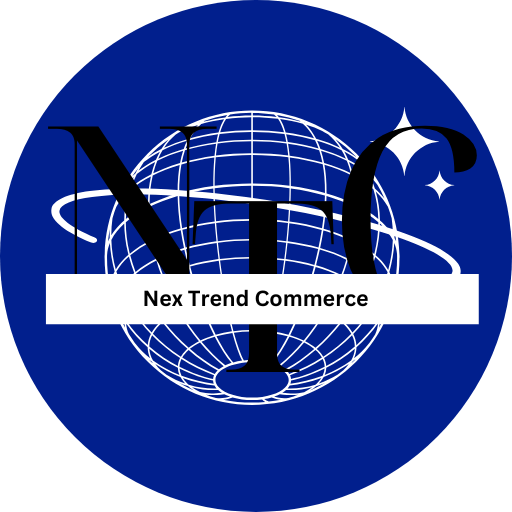Introduction: Marketing has changed — and so have your customers
There was a time when marketing was about broadcasting. You created a message, pushed it out through every channel you could afford, and hoped it would land with the right people.
But today’s customers are different. They’re more connected, more informed, and more in control than ever before. They don’t just want to be marketed to — they want to be understood, engaged, and valued.
That shift has changed the role of marketing entirely. It’s no longer just about reach or impressions — it’s about experience. And at the heart of this evolution is one of the most powerful tools modern marketers have: artificial intelligence.
From automated workflows to hyper-personalized campaigns, AI is helping businesses create marketing that’s not just smart — but relevant, timely, and human. Let’s explore how AI is moving us from automation to experience — and what that means for the future of marketing.
Beyond templates: Personalization at scale
Generic emails. One-size-fits-all ads. Static landing pages. These things used to be enough. But now? They fall flat. Customers expect personalization, not just in what you say — but how, when, and why you say it.
AI makes it possible to deliver that personalization at scale.
With machine learning, businesses can now analyze:
Browsing behavior
Purchase history
Location and device
Real-time engagement
Emotional sentiment (yes, even that)
Based on this data, AI doesn’t just suggest what to send — it determines who to send it to, at what time, through which channel, and in what tone.
That’s how brands like Spotify deliver eerily accurate music suggestions. How Netflix keeps you watching. And how e-commerce sites know exactly when to hit you with a restock alert that you actually care about.
Now, even small businesses can access this level of intelligence — using platforms like Klaviyo, ActiveCampaign, or Mailchimp AI to create emails, product suggestions, and ad segments that feel tailor-made for every customer.
From campaigns to conversations
Traditional marketing has always been campaign-based: you plan, you launch, you measure. But in a world of real-time interaction, waiting weeks to analyze a campaign just doesn’t cut it anymore.
AI enables dynamic, ongoing conversations with your audience. Think:
Chatbots that answer questions 24/7
Product recommendations that evolve with user behavior
Ads that change based on current interests or weather
Push notifications that are sent at the exact moment someone is likely to engage
This level of responsiveness creates a two-way relationship, where marketing becomes something that adapts and responds — not something static and scheduled.
And that’s where the experience starts to feel human, even though it’s powered by machines.
Smarter strategy, less guesswork
AI doesn’t just help you execute better — it helps you think better.
Predictive analytics, for example, allows marketers to:
Forecast which leads are most likely to convert
Predict which products a customer will want next
Identify the best time to re-engage inactive users
Spot trends before they become mainstream
This means your marketing team isn’t just reacting — they’re anticipating.
You spend less time on trial-and-error, and more time on what works. And when you do test new ideas, AI helps you optimize fast by running real-time A/B tests, adjusting creative, and reallocating budget as needed — automatically.
The human element isn’t gone — It’s just enhanced
There’s a common fear that as AI grows, marketing will become cold, robotic, and impersonal. But in practice, the opposite is true.
AI takes care of the repetitive, mechanical tasks — so marketers can focus on creativity, storytelling, and strategy.
You no longer have to write ten versions of the same email subject line — AI can do that. But the voice, the message, the brand emotion? That still comes from you.
Think of AI not as a replacement, but as a creative partner. It gives you better insights, more tools, and faster execution — while leaving you free to craft the experience your customers will remember.
Final thoughts: Marketing, reimagined
The shift from automation to experience isn’t about abandoning technology — it’s about using it better. Smarter. More intentionally.
AI helps you:
Understand your audience deeper
Respond faster
Personalize stronger
And deliver value more consistently
In a world where customers can ignore what doesn’t speak to them, experience is your greatest competitive advantage. And AI gives you the power to deliver that experience — at scale, with precision, and with a personal touch.
So the question isn’t if you should integrate AI into your marketing.
The question is: How will you use it to create something customers won’t forget?
